If it's heaven for climate, it's hell for company
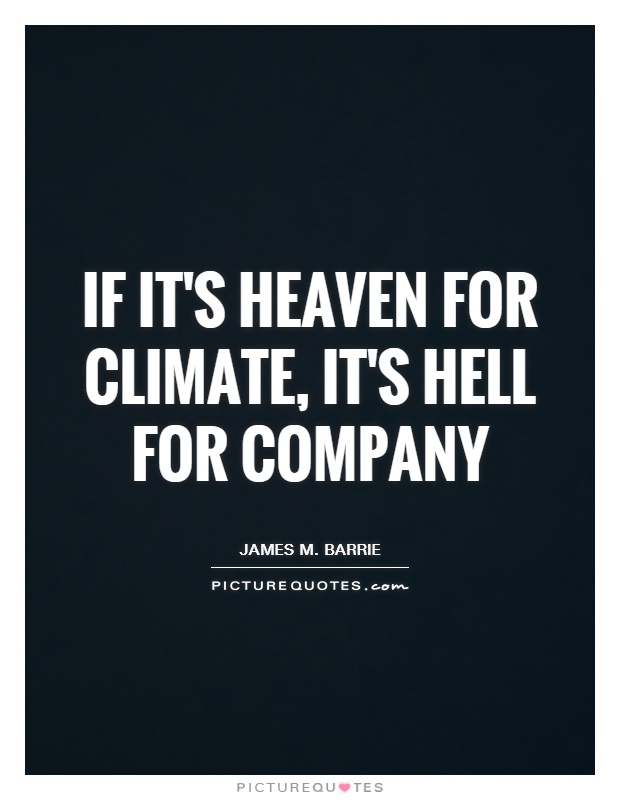
If it's heaven for climate, it's hell for company
James M. Barrie, the renowned Scottish author best known for creating the beloved character Peter Pan, once famously said, “If it's heaven for climate, it's hell for company.” This quote speaks to the idea that a beautiful or idyllic environment can be marred by the absence of meaningful human connection or companionship.Barrie's works often explore themes of childhood, imagination, and the importance of human relationships. In Peter Pan, the titular character is a boy who never grows up and lives in the magical world of Neverland, where he is surrounded by a colorful cast of characters including fairies, pirates, and mermaids. Despite the enchanting setting of Neverland, Peter Pan ultimately longs for the companionship of the Darling children and the sense of belonging that comes with forming deep emotional bonds with others.
Similarly, in Barrie's play The Admirable Crichton, a group of wealthy aristocrats find themselves stranded on a deserted island after a shipwreck. While the island may seem like a paradise with its lush vegetation and abundant resources, the lack of social hierarchy and the need for survival force the characters to confront their own prejudices and assumptions about class and status. The play ultimately explores the idea that true happiness and fulfillment come from genuine human connections and the ability to empathize with others, rather than material wealth or external circumstances.
Barrie's quote, “If it's heaven for climate, it's hell for company,” can be interpreted as a reminder that physical comfort and luxury are ultimately hollow without the presence of loved ones to share them with. In a world where technology and material possessions often take precedence over human relationships, Barrie's words serve as a poignant reminder of the importance of cultivating meaningful connections and fostering a sense of community and belonging.
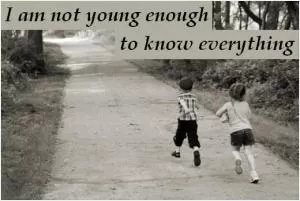
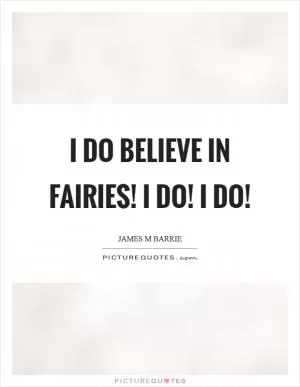
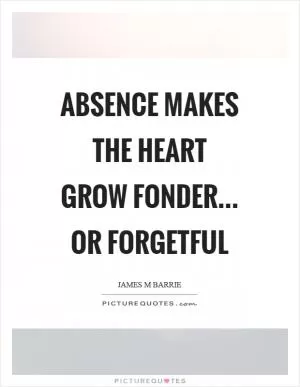

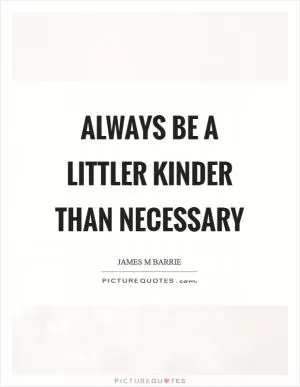


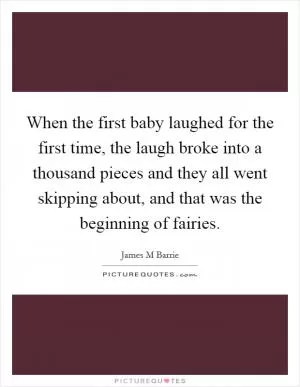




 Friendship Quotes
Friendship Quotes Love Quotes
Love Quotes Life Quotes
Life Quotes Funny Quotes
Funny Quotes Motivational Quotes
Motivational Quotes Inspirational Quotes
Inspirational Quotes